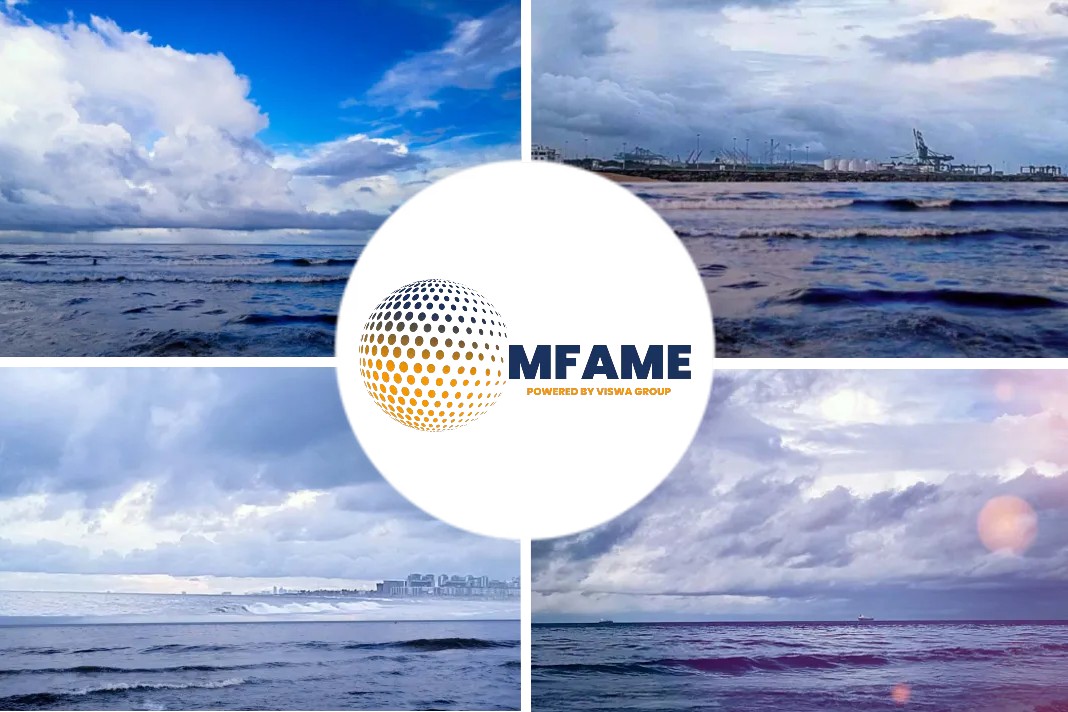The US Coast Guard was urged to raise the issue of interference with key shipping positioning signals at the IMO Council this month, reports Riviera Maritime Media.
What is it?
IMO will be urged to act to prevent deliberate interference of satellite signals vital to ship navigation. Jamming and spoofing Global Navigation Satellite Systems (GNSS) signals has a detrimental impact on ship navigational safety.
Interfering with signals from established GNSS constellations, the US-funded Global Positioning System (GPS) and Russia’s Glonass, along with evolving networks such as EU-funded Galileo, impacts ship positioning.
Losing Electronic Navigation Systems Control?
Jamming or spoofing GNSS means ships relying on these signals are out-positioned on electronic charts or lose control of electronic navigation systems.
14 Organizations Petitions?
A co-ordinated group of 14 maritime organizations petitioned the US Coast Guard to raise the issue of deliberate GNSS jamming at IMO’s next council meeting in London, UK, on 15-19 July.
A letter was sent to the US Coast Guard from the Resilient Navigation and Timing (RNT) Foundation at the end of June highlighting the importance of GNSS signals to all maritime operations.
Spoofing Affecting Maritime Efficiency?
In the letter RNT said “Interfering with GNSS places the efficiency and safety of maritime operations at risk and can impact the safety of life.”
The organization explained how ship navigation in the Black Sea and the eastern Mediterranean has been affected by deliberate blocking or spoofing of GNSS signals between 2016 and 2018. This is evidenced from daily logs from vessels and automatic identification system (AIS) data.
“Vessels operating in international waters and in innocent passage through territorial seas were impacted. Recent vessel reports and AIS data show that these transmissions continue,” said the RNT in its letter.
Unauthorized Transmissions Prevention Regulation?
RNT requested US Coast Guard to propose an IMO Council resolution that includes driving IMO member states to enact measures to prevent unauthorised transmissions on GNSS frequencies and for member states to refrain from interfering with GNSS signals, except when required for security reasons.
If IMO member states interfere with GNSS signals for security reasons, they must issue notices to mariners specifying the time and areas impacted to help minimize negative effects on maritime operations.
GNSS Monitoring and Ship Navigation
GNSS signals are used on bridge systems, particularly ECDIS, for accurate positioning on navigational charts. These signals also provide timing information to bridge equipment, such as satellite compasses and radar.
Navigators are taught to check chart positions regularly through reference to radar, line-of-sight position reference and triangulation from other radio signals or navigational aids.
Ships navigating while under GNSS interference become hazards to other vessels.
Did you subscribe to our daily newsletter?
It’s Free! Click here to Subscribe!
Source: Riviera Maritime Media






















